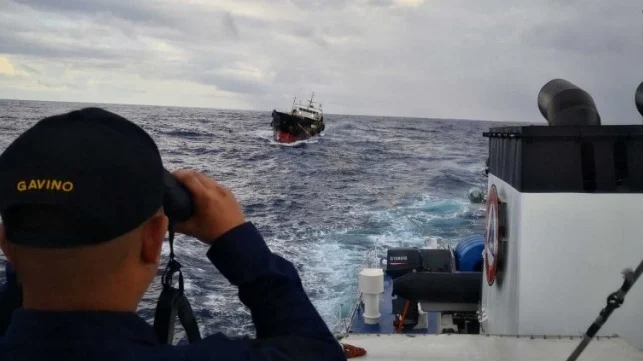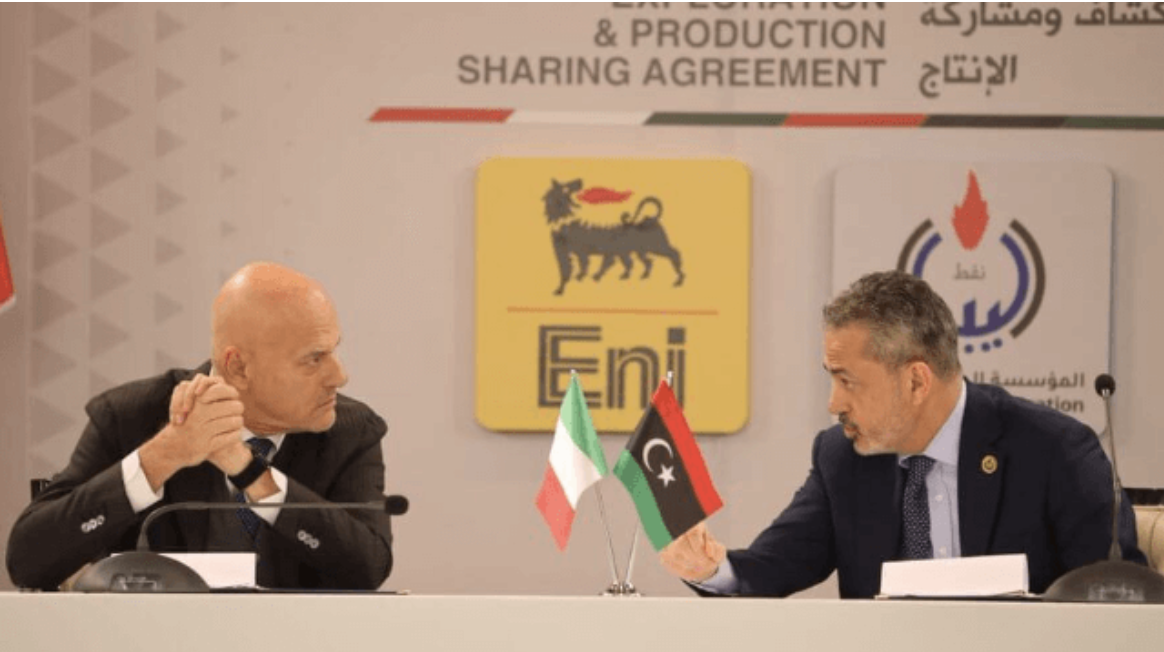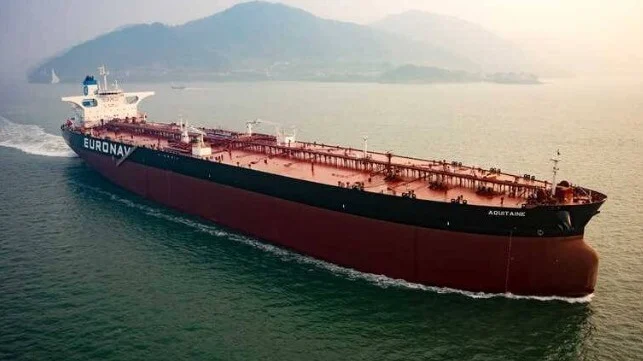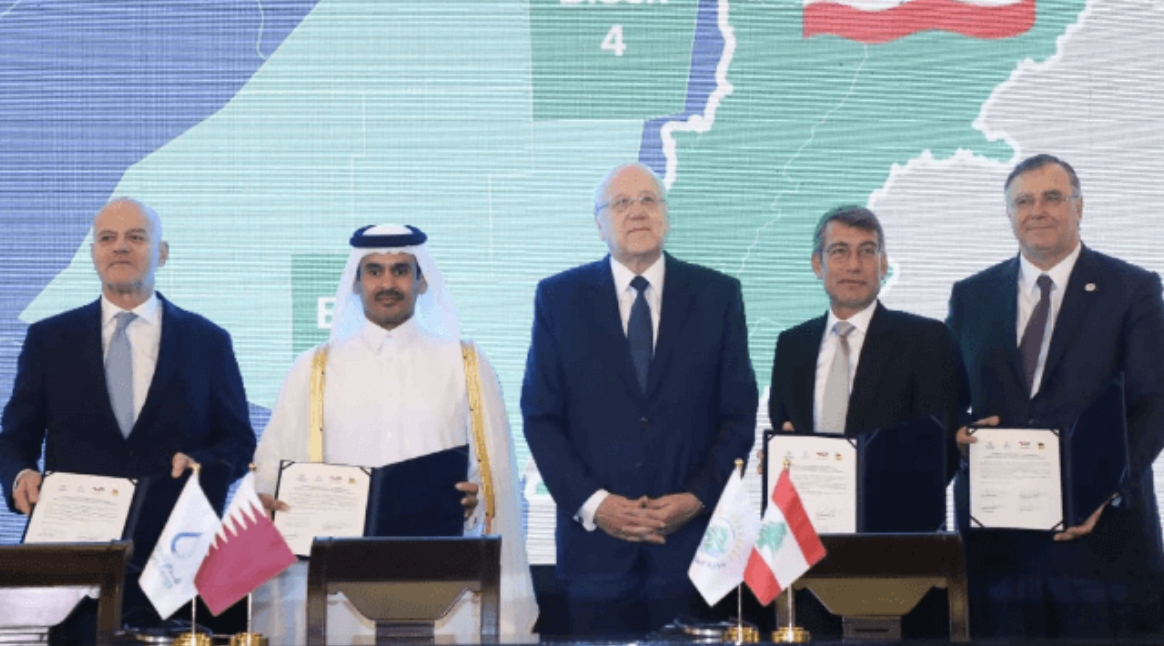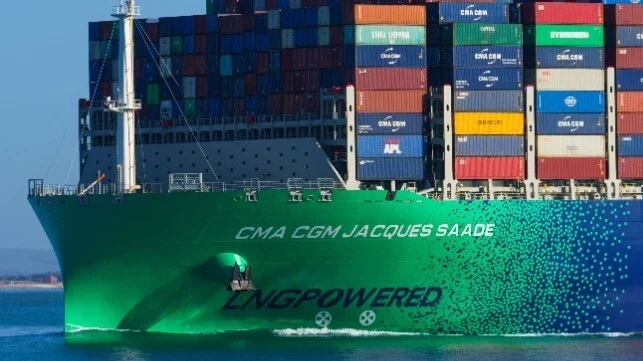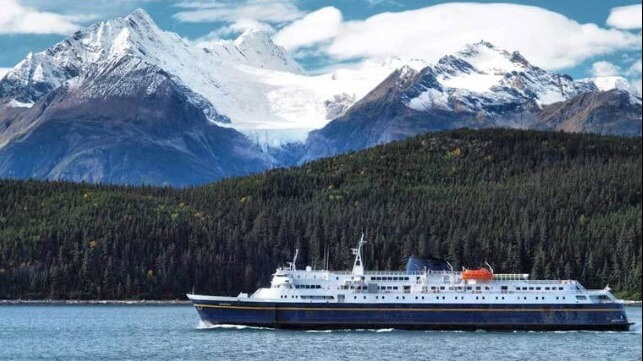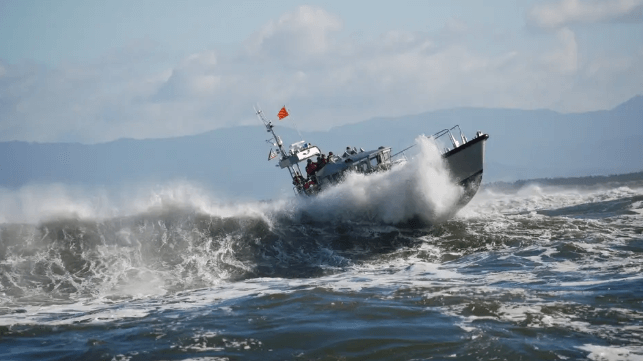The Maritime India Summit 2021 is taking place 2-4 March, organized by the Ministry of Ports, Shipping and Waterways. Dr Cleopatra Doumbia-Henry, President of the World Maritime University (WMU), contributed to the opening day discussions on Skilling in the Maritime Sector, as well as the CEO’s Forum.
Addressing emerging maritime trends and preparing maritime professionals for tomorrow, Dr Doumbia-Henry focused on the trends relating to environmental sustainability and stewardship of the planet as well as the impact of technology.
Dr Doumbia-Henry stated that perhaps the most important paradigm shift of our time is the realization that the ocean is not an inexhaustible supply of natural resources that can absorb every operational activity undertaken on it.
She said, “The oceans remain the basis of all life. Global as well as national systems of governance and education have to shift from a paradigm which exclusively seeks the exploitation of the ocean to one of sustainable stewardship and use of the ocean.”
She emphasized that education has a critical role to play in advancing stewardship of the ocean, not only with respect to maritime education, but more broadly within all education to ensure stewardship of the natural environment.
Technical competences, based on well-grounded knowledge and skills, were stated as critical to the sustainability of the maritime industry.

eBlue_economy_Dr Doumbia-Henry
Dr Doumbia-Henry also emphasized the need for a new paradigm of maritime education that promotes a problem-solving, adaptable, and collaborative mindset which fosters continuous learning. Regarding specific skills needed for the medium to long term in the transport sector, she referred to the WMU report on “Transport 2040: Automation, Technology, Employment – The Future of Work”.
Decarbonization of shipping was also highlighted by Dr Doumbia-Henry as an essential undertaking by the maritime industry in support of a sustainable future.
She emphasized that the concept of greener shipping must be seen as relevant to all aspects of the industry, from maritime education for sustainability, through maritime law, insurance, ship-building, repair and operations, financing, regulations, logistics, port operations, bunkering, brokering, Flag State and Port State action among others.
Dr Doumbia-Henry noted that rapid technological advances are having a significant impact, including widening societal gaps. She emphasized the need for maritime education to take into account for future possibilities, innovative solutions, and to create opportunities for the beneficial use of technology.
She added that maritime education “should endeavour to impart knowledge and the right attitudes to develop global maritime citizens who embrace innovation in keeping with fundamental human values and who ethically use technology to advance global goals.”





